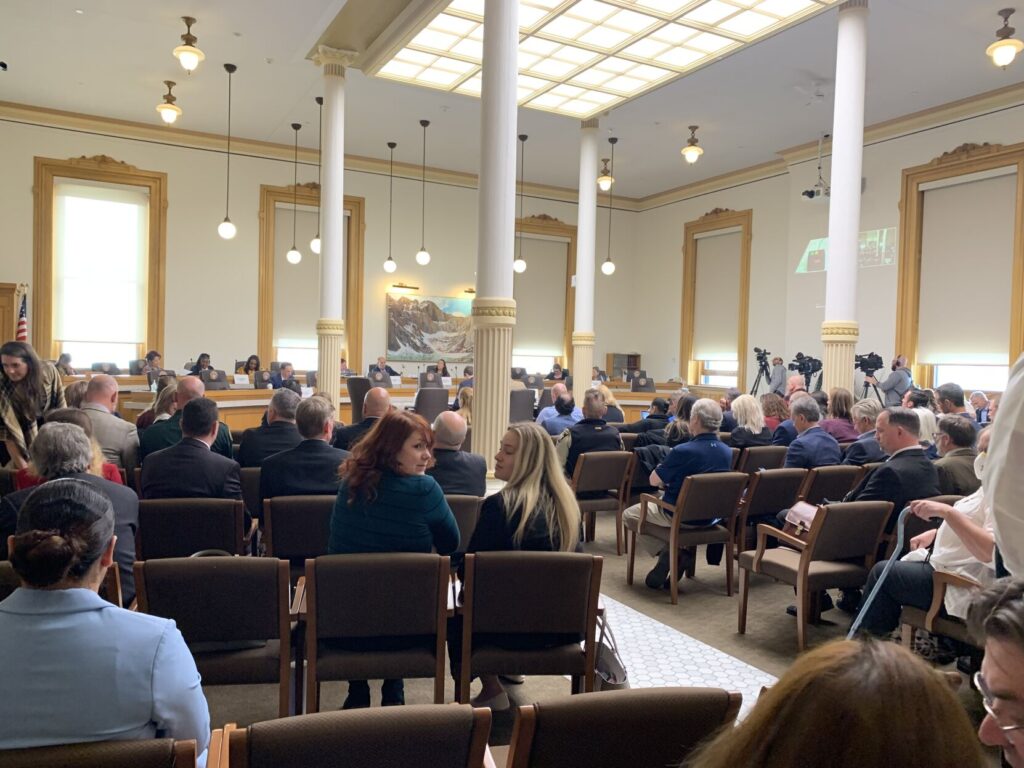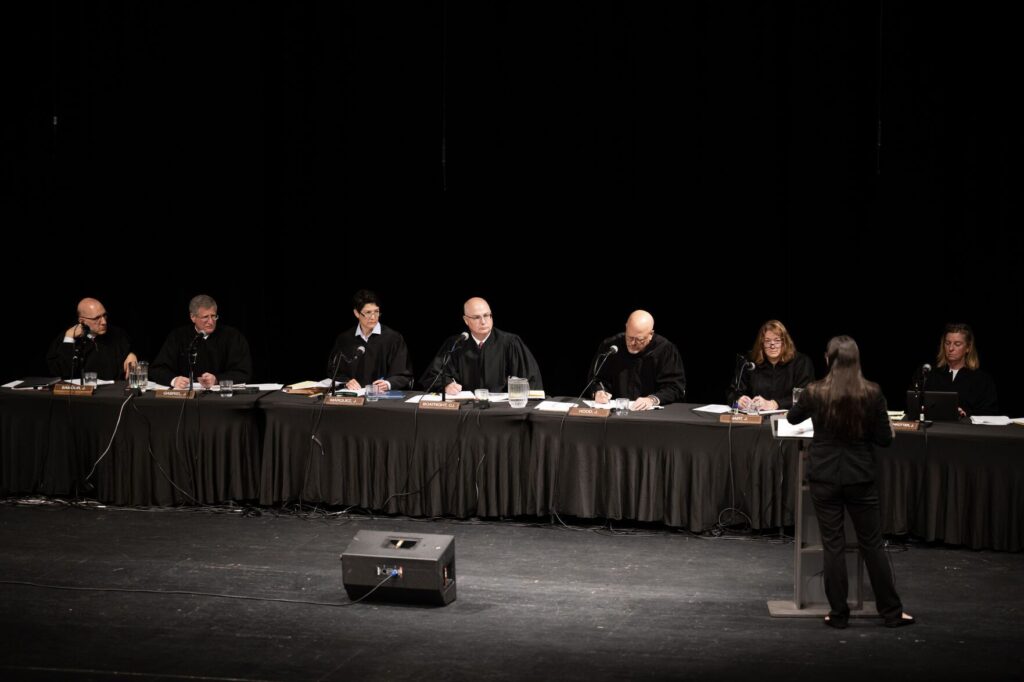Appeals court says pandemic justified denying DUI breath test to driver

Colorado Springs police were justified when, three months into the COVID-19 pandemic, they offered only a blood draw to a suspected drunk driver in lieu of a breath test, the state’s second-highest court has determined.
Under Colorado law, a driver has expressed their consent to taking a blood or breath test when law enforcement has probable cause to believe someone is driving under the influence. Refusal to submit to the test will result in revocation of a person’s license.
In the event of “extraordinary circumstances” an officer may only offer one type of test. A three-judge panel for the Court of Appeals agreed that Colorado Springs’ policy to halt breath testing was the product of an extraordinary circumstance – the pandemic – and ultimately justified the Division of Motor Vehicles’ revocation of Jonathan F. Kornely’s license.
The evidence showed, wrote Judge W. Eric Kuhn in the March 24 opinion, that “a breath test involves a substantial risk of COVID-19 transmission, thus supporting the police officer’s conclusion that COVID-19 presented an extraordinary circumstance for not conducting breath tests.”
Kornely, who was arrested in June 2020 after he drove into a parked car, failed a roadside sobriety test and also refused to take the only test for blood alcohol content that police offered him: a blood draw. Due to his aversion to needles, Kornely declined. Police noted it as a refusal and served a notice of revocation for Kornely’s license.
An administrative hearing officer deemed the revocation justified in light of the pandemic. Because COVID-19 spreads through the air, there was no scientific research at that point about the safety of a breath test, and also no statewide policy, the hearing officer found Colorado Springs police acted within their discretion under the extraordinary circumstances exception.
After an El Paso County judge affirmed that decision, Kornely turned to the Court of Appeals. He maintained Colorado Springs could not simply decide to halt breath testing, especially if other police agencies were still continuing to offer such tests.
“There is no evidence to suggest that there was any science that came to this policy decision,” lawyer Timothy Bussey told the appellate panel.
Administration of a breath test requires close physical proximity so an officer can remove “foreign material” from a driver’s mouth and conduct a 20-minute observation to catch anything that could impair the accuracy of the measurement.
CBS4 reported last year that some drunk driving cases were dismissed due to police agencies’ refusal to provide breath tests in light of COVID-19. Denver, Aurora and Jefferson County law enforcement followed a similar path as Colorado Springs in deciding breath tests were too risky.
In at least two cases, CBS4 noted, a hearing officer or judge determined COVID-19 was not an extraordinary circumstance. The panel hearing Kornely’s case similarly aired concerns about the discretionary power of police to take breath tests off the table.
“Can you imagine the difficulty we will have if we leave it to individual police officers and departments to decide extraordinary circumstances?” asked Judge Dennis A. Graham.
“There could be difficulties presented by that, but that was ultimately what the legislature decided when it wrote that statute,” responded Assistant Attorney General Jessica E. Ross, noting that extraordinary circumstances under the law were beyond the control of, “and not created by,” law enforcement.
The decision in Kornely’s appeal was unpublished, meaning it is not intended to set a precedent.
The case is Kornely v. Colorado Department of Revenue.














